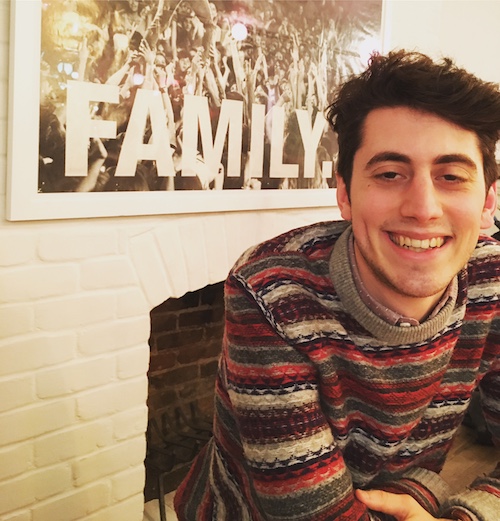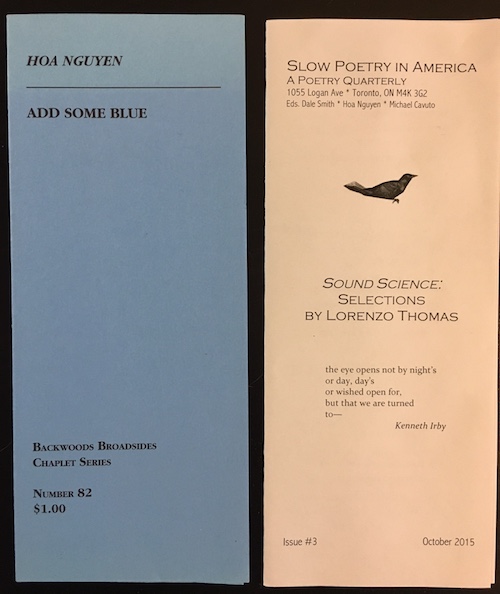I Will Not Be Able to Write When I Am Dead
About a year ago I ran into an elder poet of renown while riding the F train. I don’t remember the conversation well enough to know how we started talking about the Guggenheim, but he told me that now would be a good time for me to apply for it because I am mid-career. There are some ways in which I inhabit my life with confidence and some ways in which my imagination fails me. I couldn’t imagine winning such a prestigious prize. But I did it—I applied. I am currently waiting to see if I receive a Guggenheim. There is something useful about knowing the odds are most certainly against me, yet finding that my imagination, that has so often succumbed to circumspection, has become irrepressible. Merely applying (“applying myself”) has created space wherein I can see myself writing my next book, a book unlike anything I have written before, a book that will place different demands on my energy. Physicist David Bohm came up with the term “proprioception of thought” to refer to the possibility for thought to become aware of its own movements, as our bodies have the capacity to become aware of how they inhabit space (I think of this everyday I use MTA). There is some kind of synapse-charge at work now that is all mine, no matter the outcome.
I just used the word “mid-career” without comment. I blanched when I heard the poet say it. I’m largely at peace with being middle-aged, my mortality. I pray that the way gravity works with my face will at least be interesting, that people will think I’m handsome. But my career, which I see as my journey through learning, being at its mid-point (for all we know, mid-point being a hypothesis) was an alarming realization unto itself. My career will end. I will no longer write. Perhaps what I have written will not even be read, or be found to have relevance—for all we know.

In the aftermath of my realization that I will not be able to write when I’m dead, I met a young writer named Michael Cavuto. I met him where I meet most people, at a Poetry Project reading. This one was being given by Hoa Nguyen and Garrett Caples. Michael edits a quarterly newsletter called Slow Poetry In America, with Hoa and her partner Dale Smith, and recently moved to NYC from Toronto. Mike introduced himself to me at the bar afterward as he was leaving. Mike then did something I, as a middle-aged mid-career poet, LIVE FOR—he emailed me and asked if I wanted to grab a beer or coffee.

On December 23rd we had coffee and olive oil bread at Abraço on 7th St. I responsibly emailed him that it had recently moved across the street and was easy to miss. His expressions of admiration for The Poetry Project as a “working space,” for my own poetry which he knew well, as well as his friendships with two poets, Hoa and Dale, who are important in my multiverse of poets, insured a warm place to start a conversation. He presented me with an envelope with issues of the newsletter, which I immediately recognized as drawing inspiration from the Backwoods Broadsides Chaplet Series (see photo). We talked about lineage and what we both perceive to be his generation’s growing rejection of it. When I led a workshop at Naropa’s Summer Writing Program two years ago, all of the students in the room had a pejorative sense of the word—lineage was an ancestral burden, something holding them back, telling them what to do. To which I proposed, the present has its own identity, which we as poets have to perpetually discover. It is perpetual because it recognizes that the way in which we use time functionally is confused. Discovery can only be perpetual. And lineage is an aid to discovery.
So the loosely draped logic of this piece lands me here, with my mind thinking multi-directionally, making space for a present with me in it, having coffee with Mike. “More than this, there is nothing.”
Born in Milwaukee, Wisconsin, Stacy Szymaszek is the author of The Pasolini Book (2018), A Year from...
Read Full Biography

